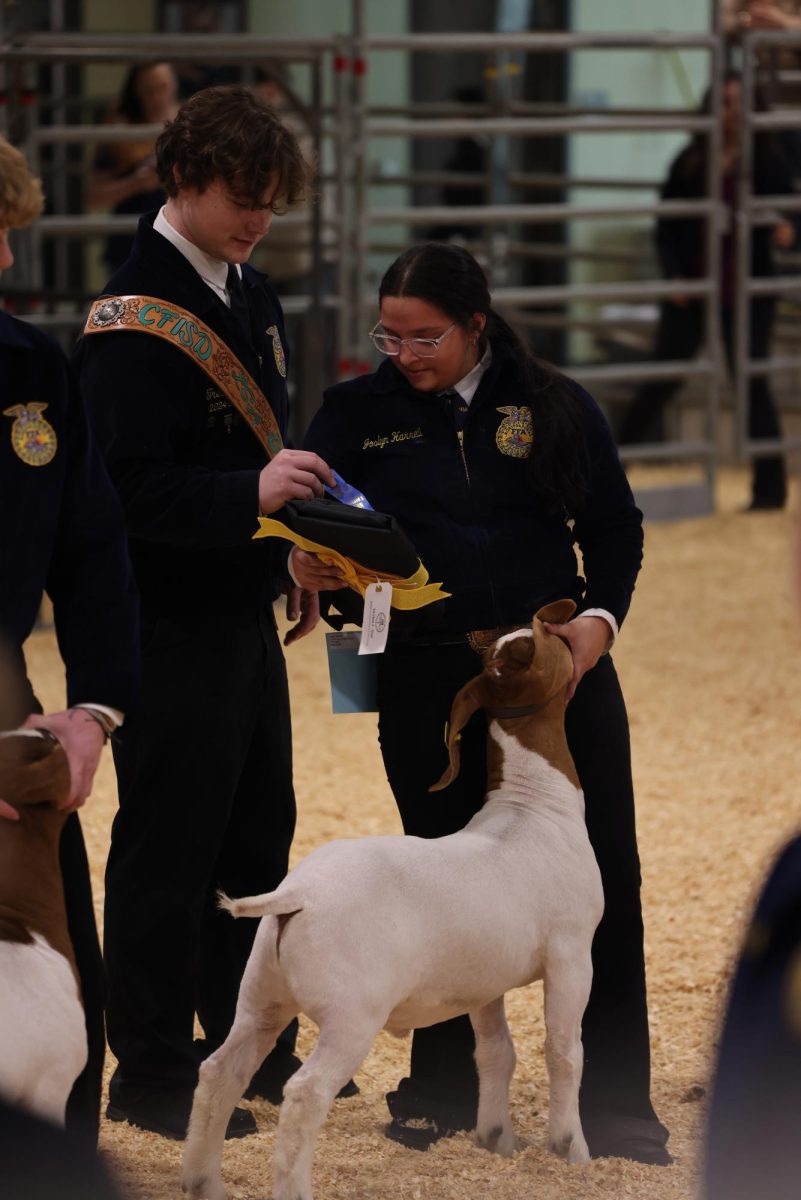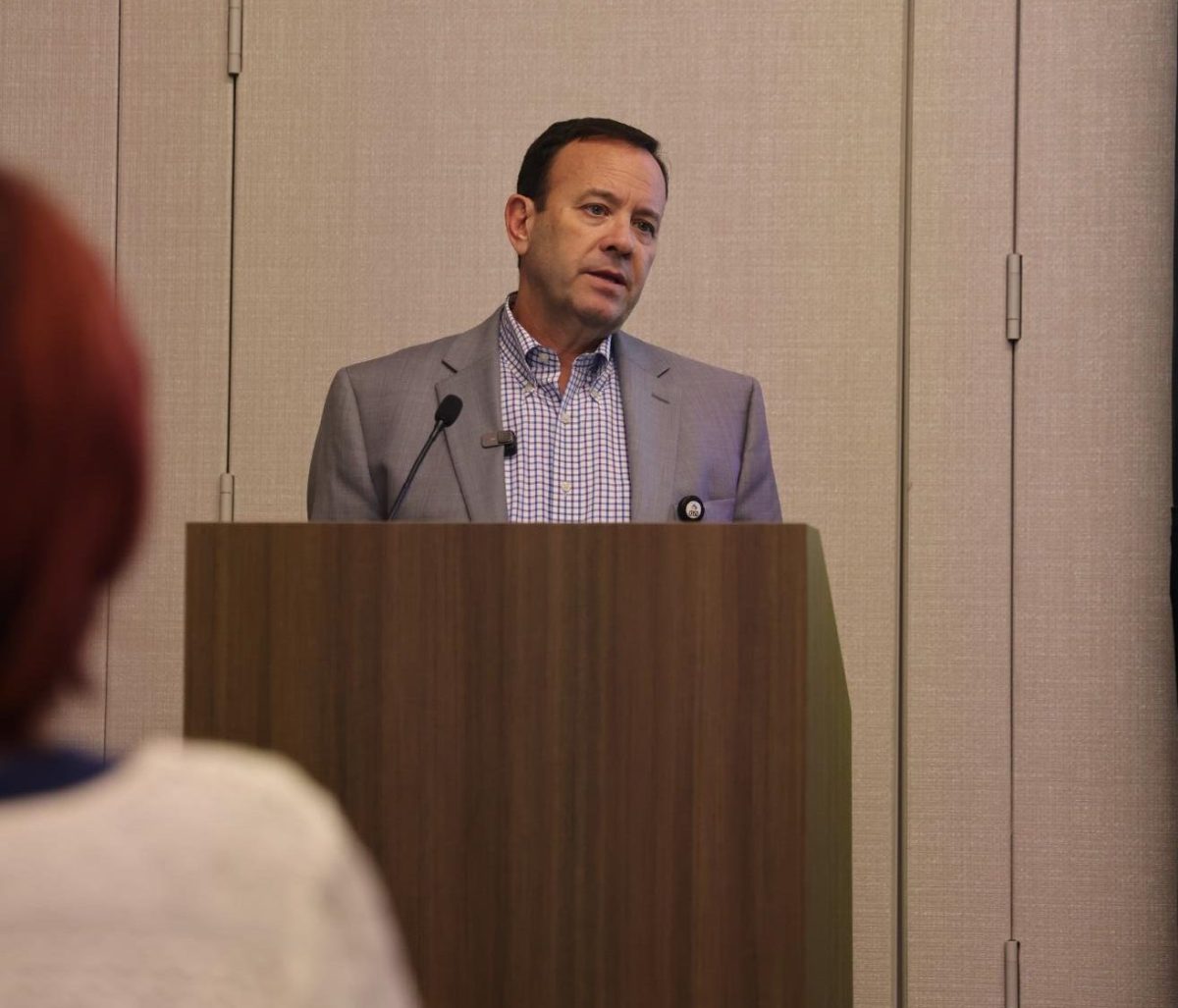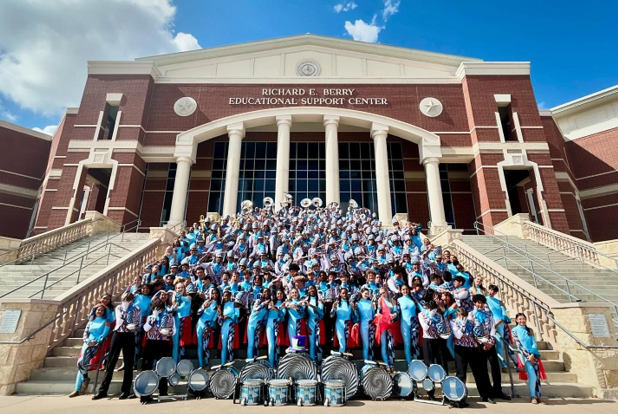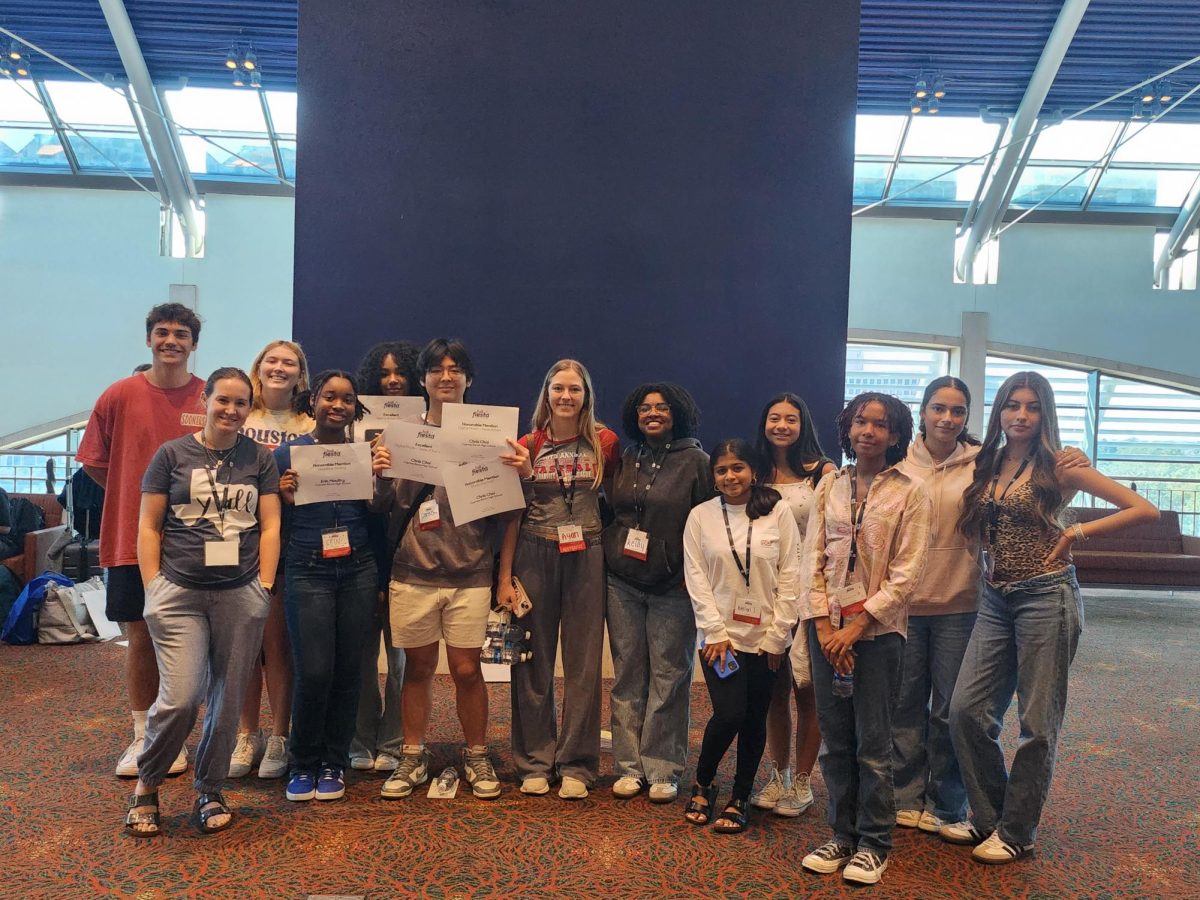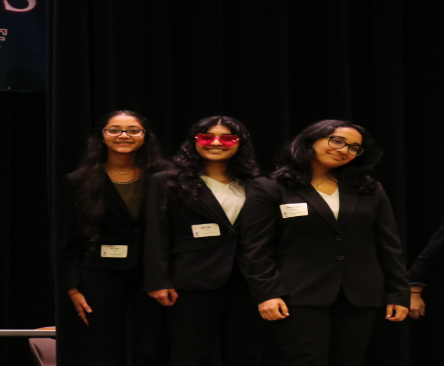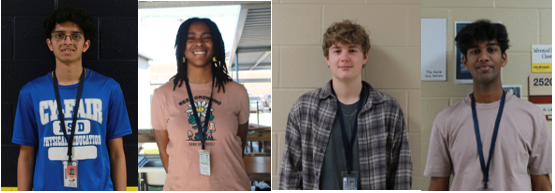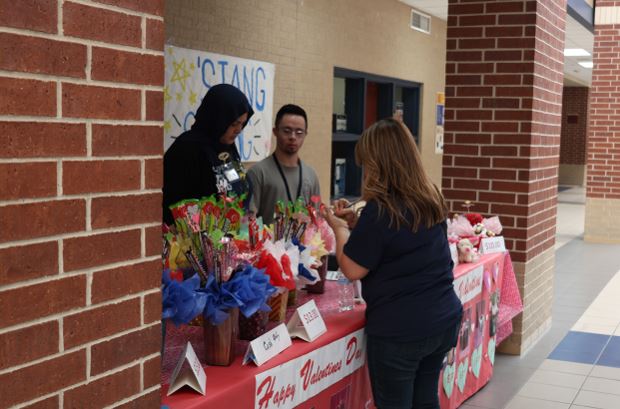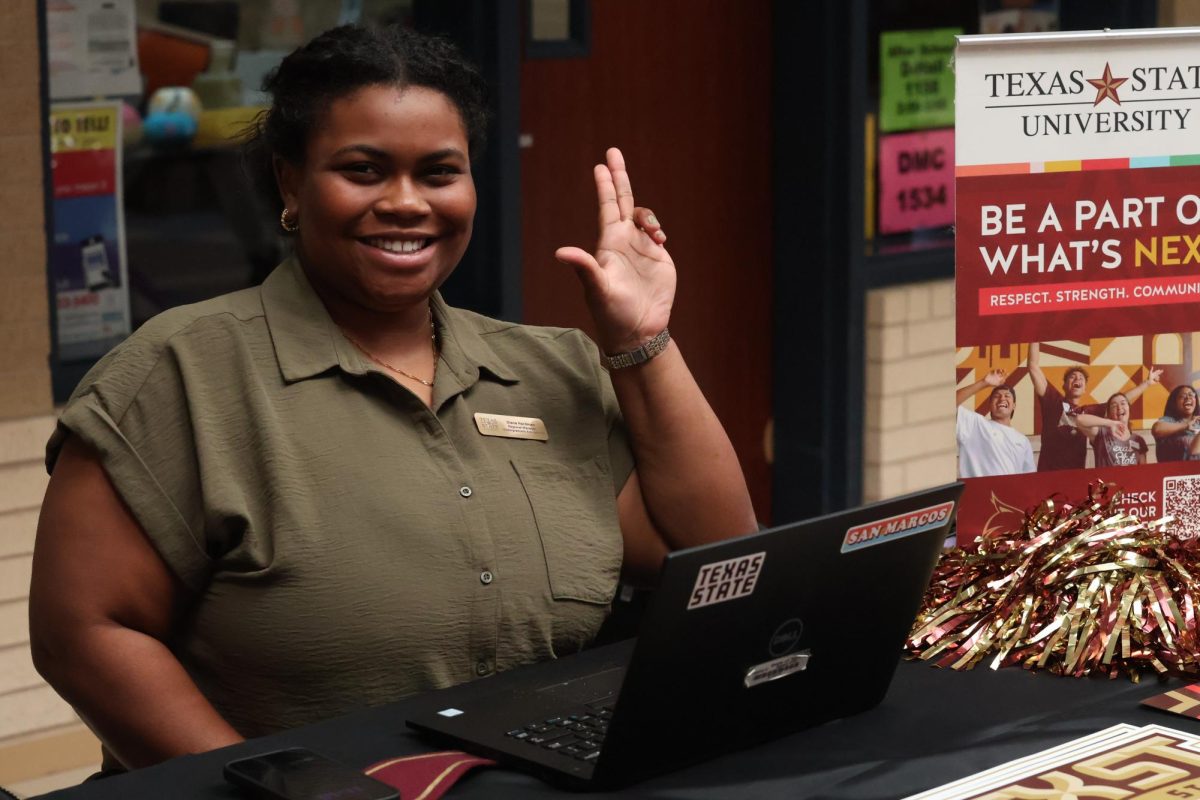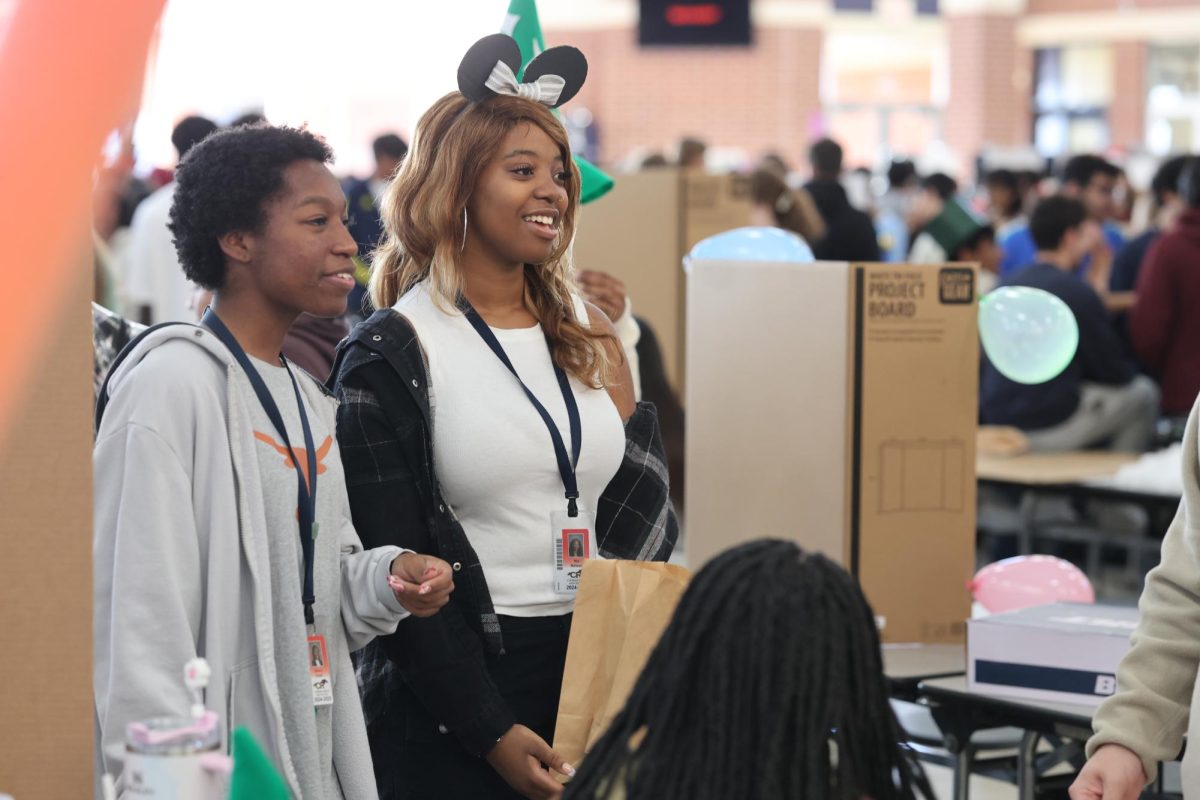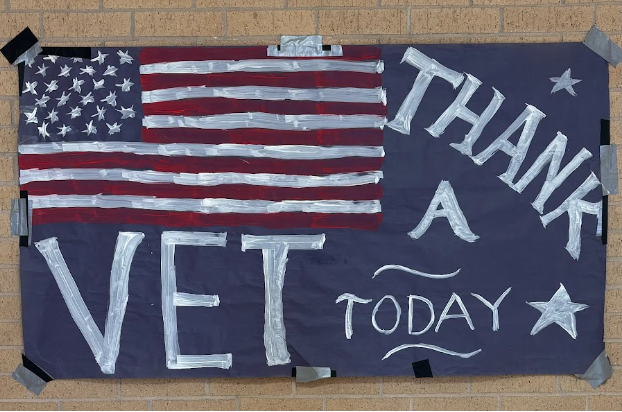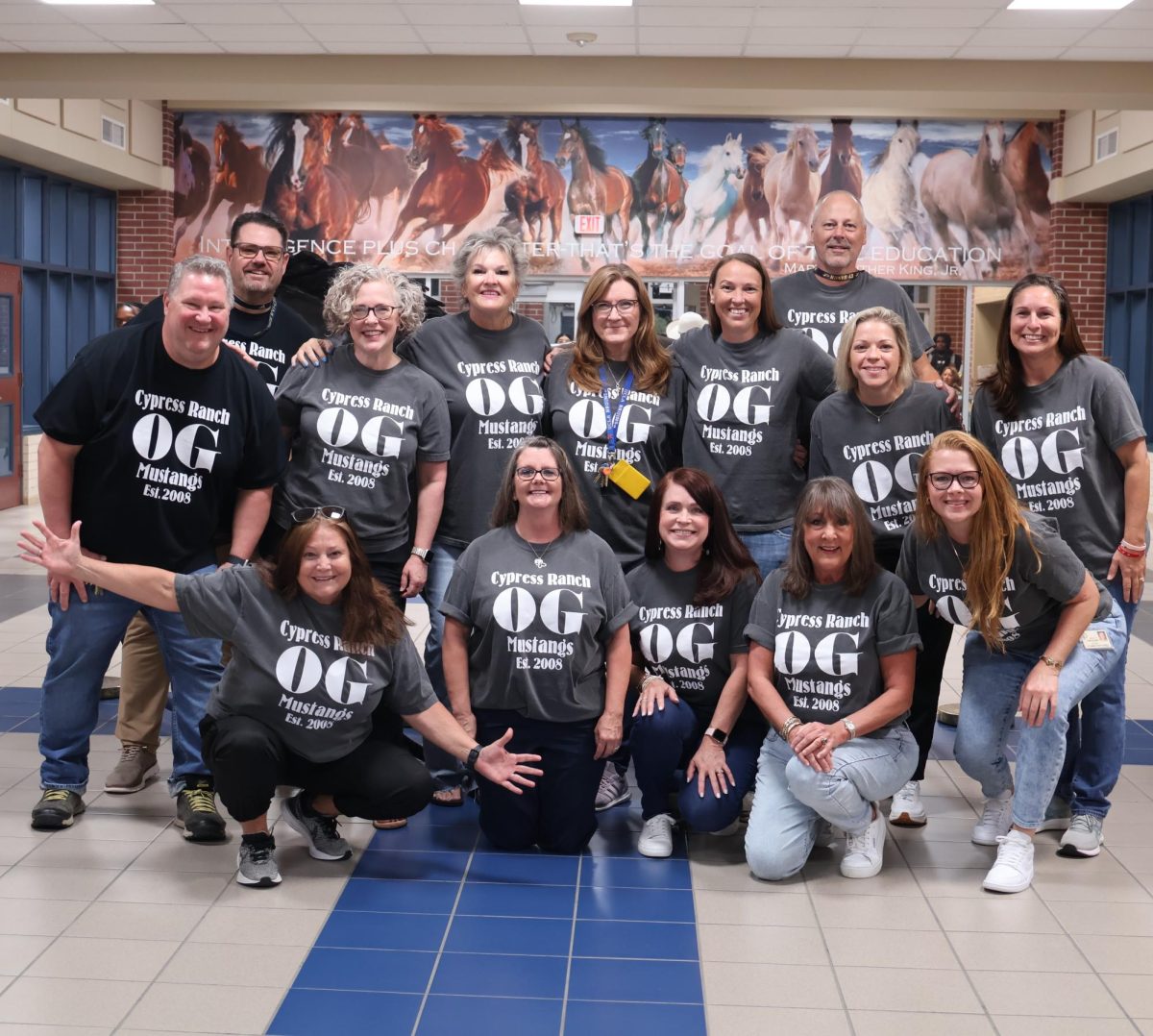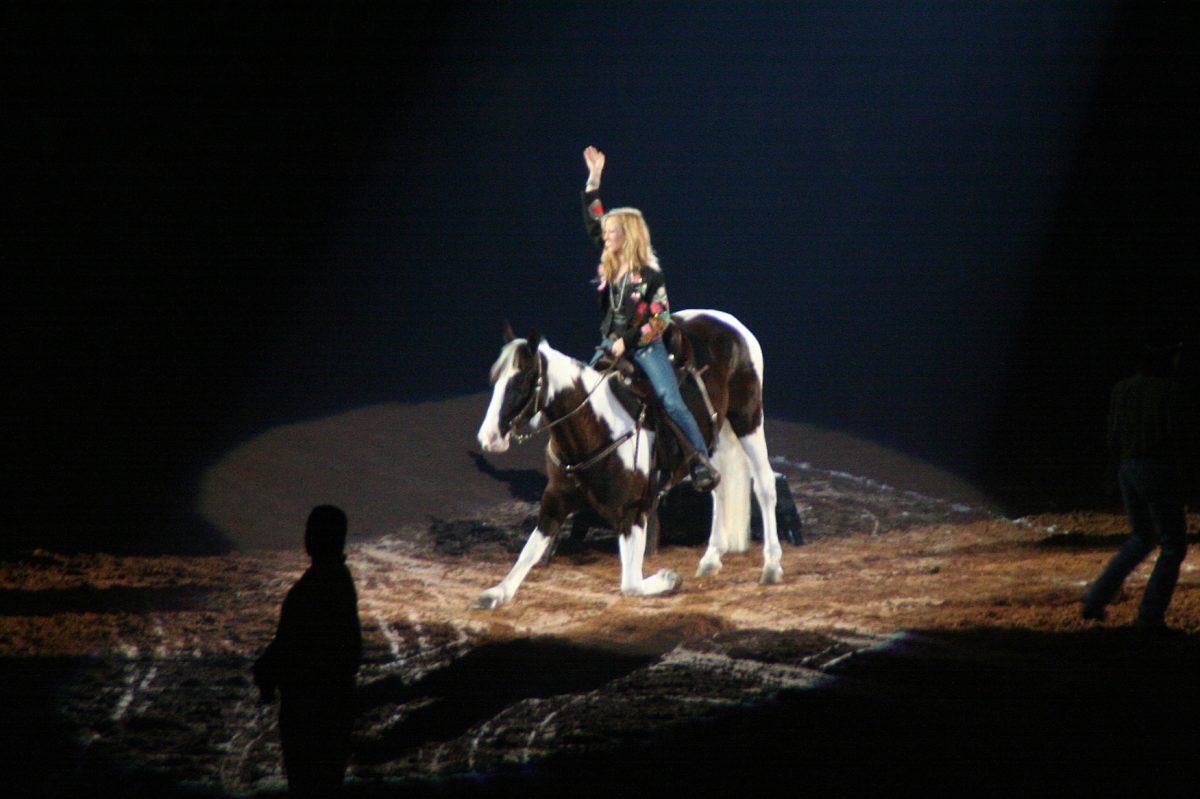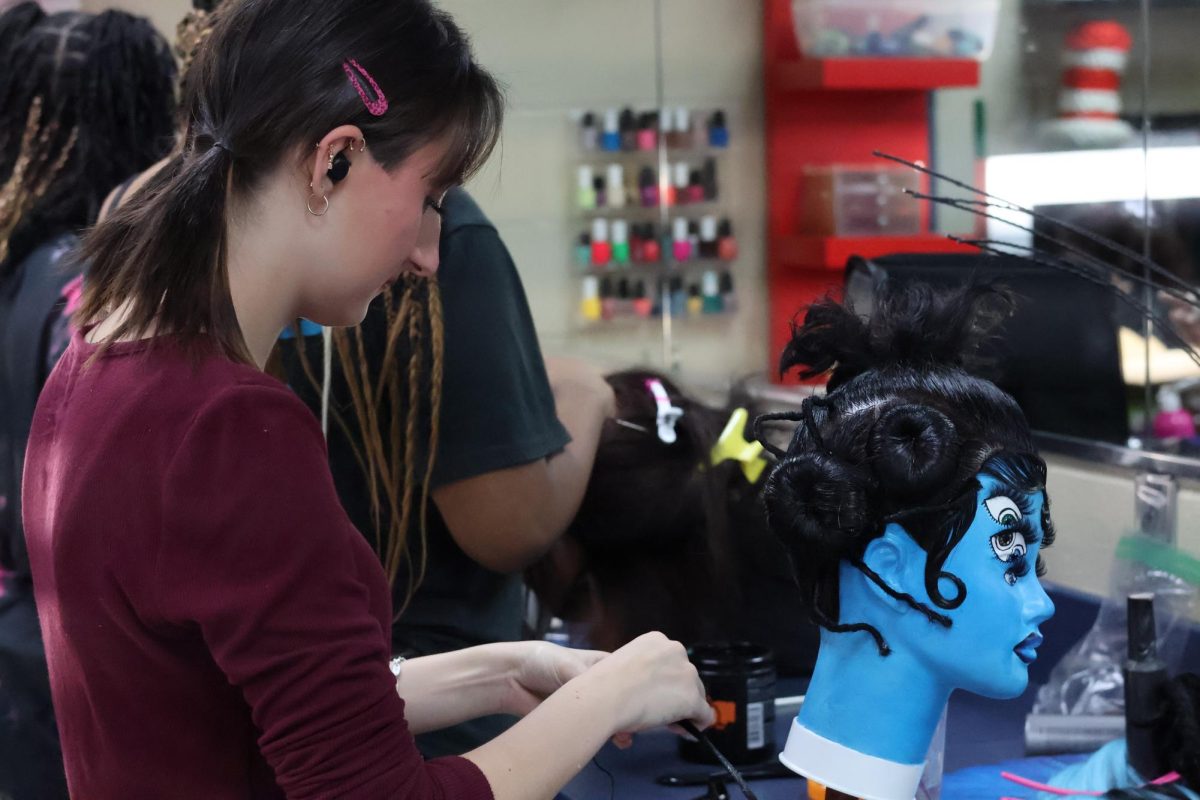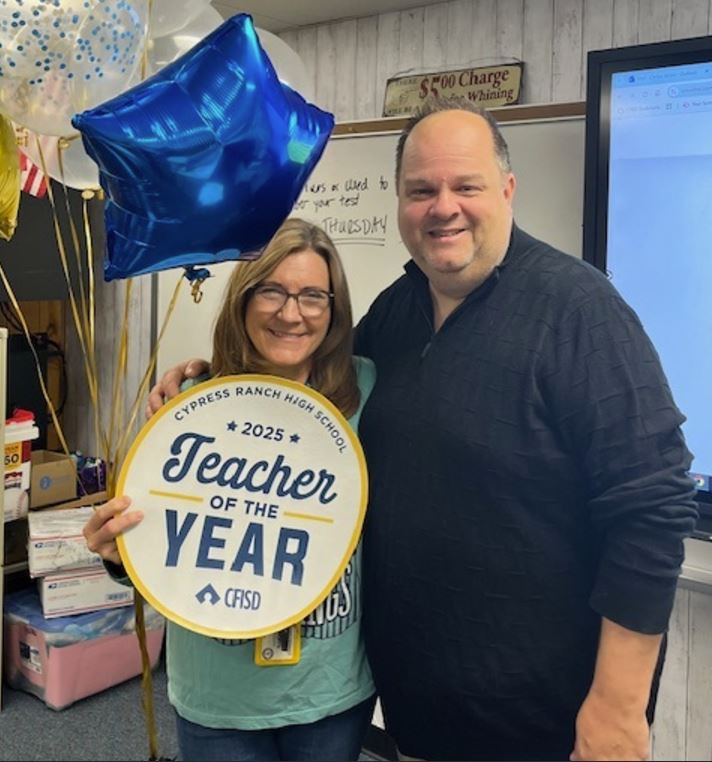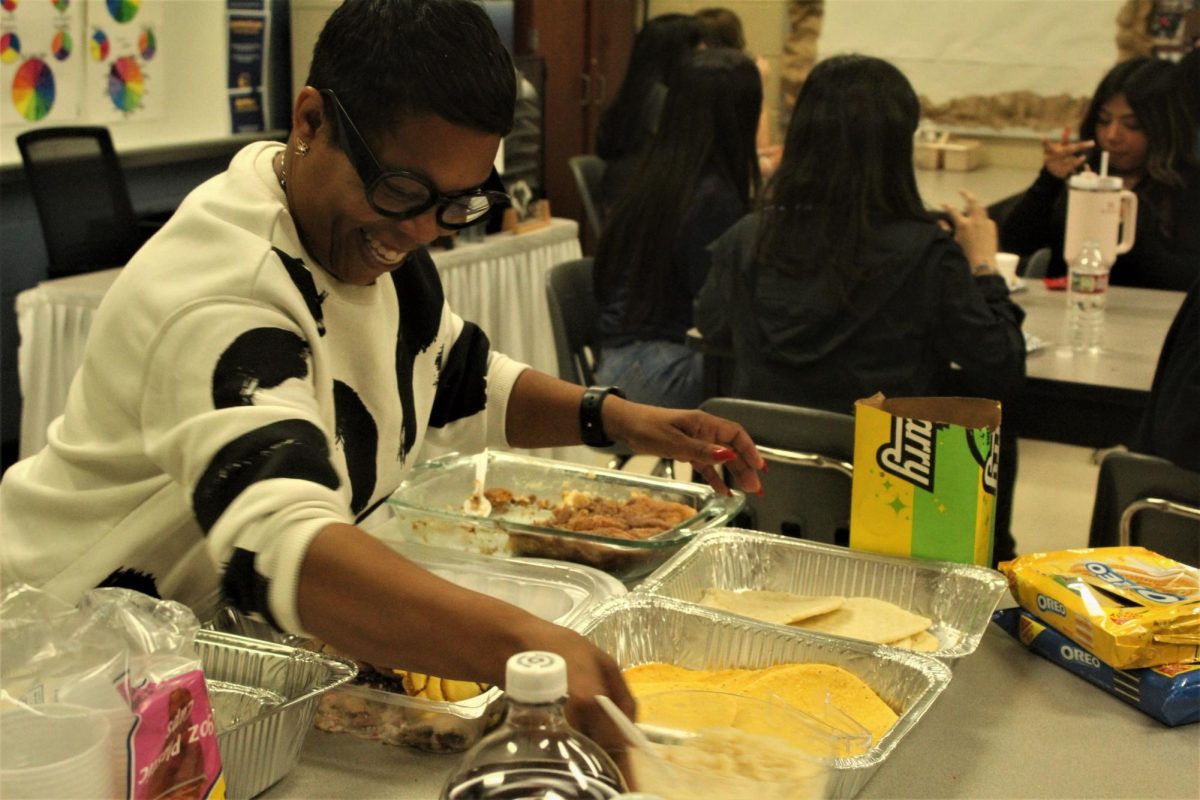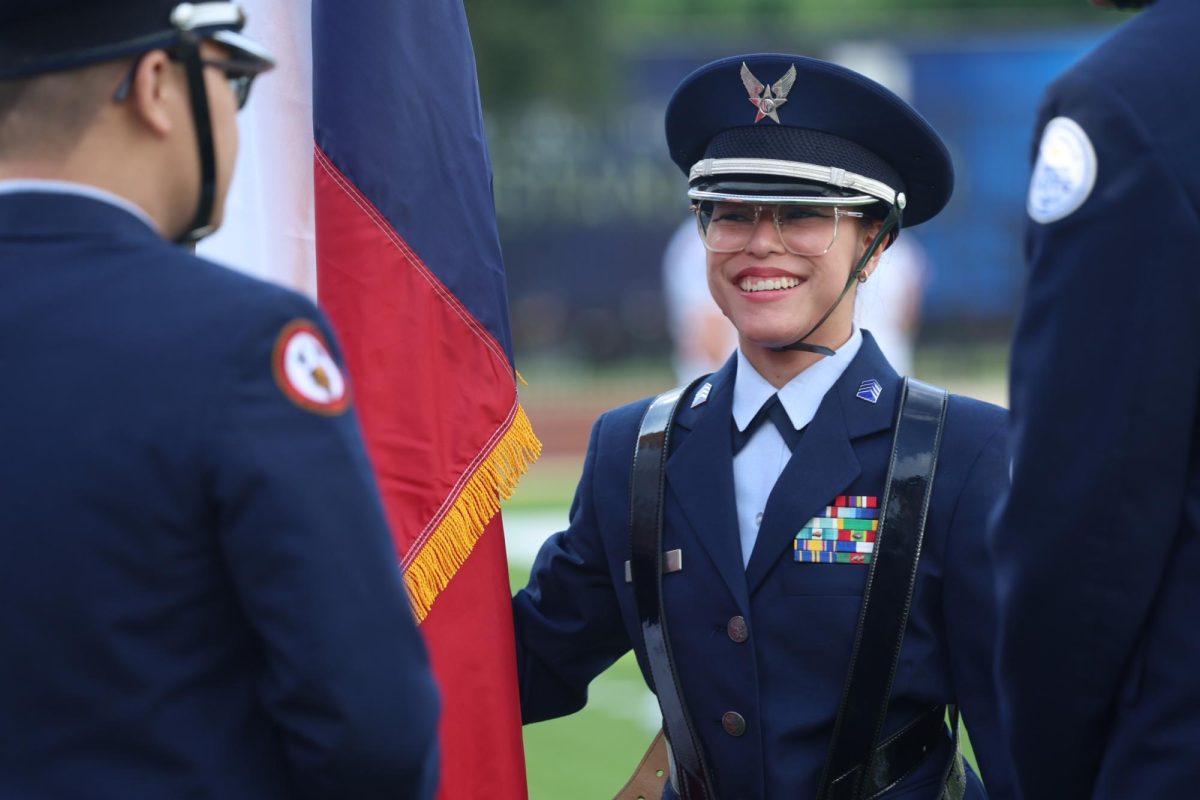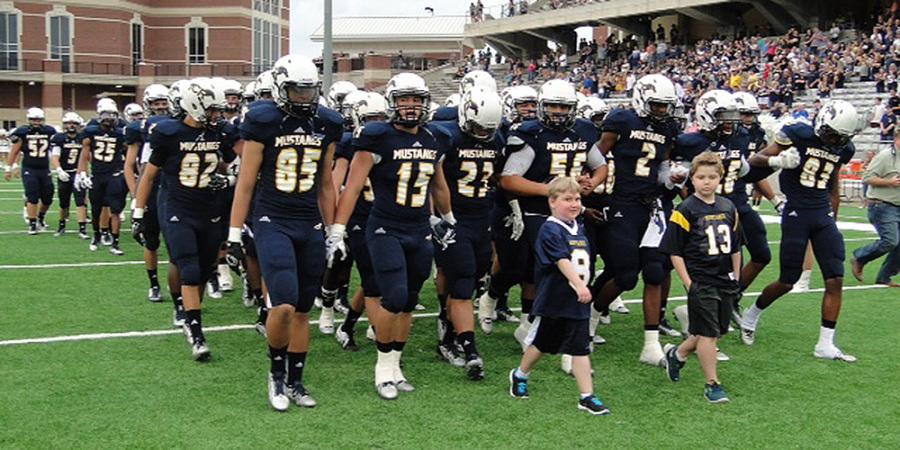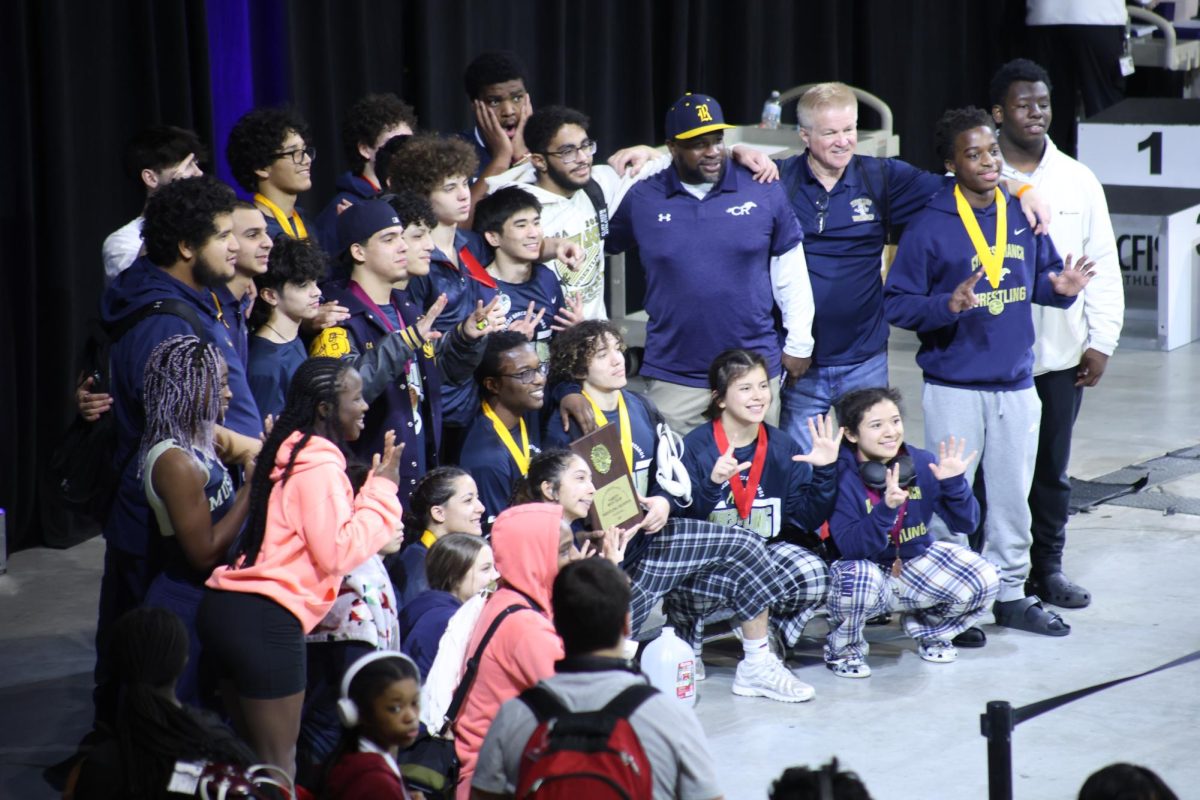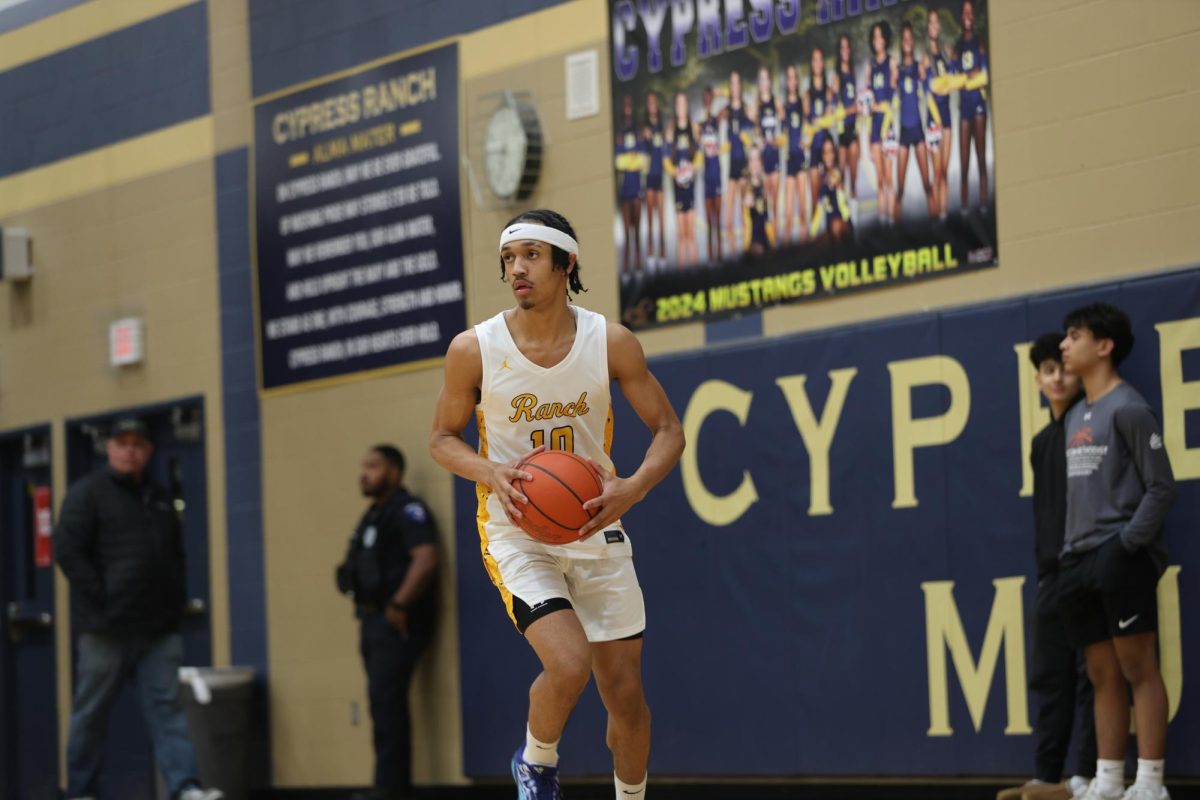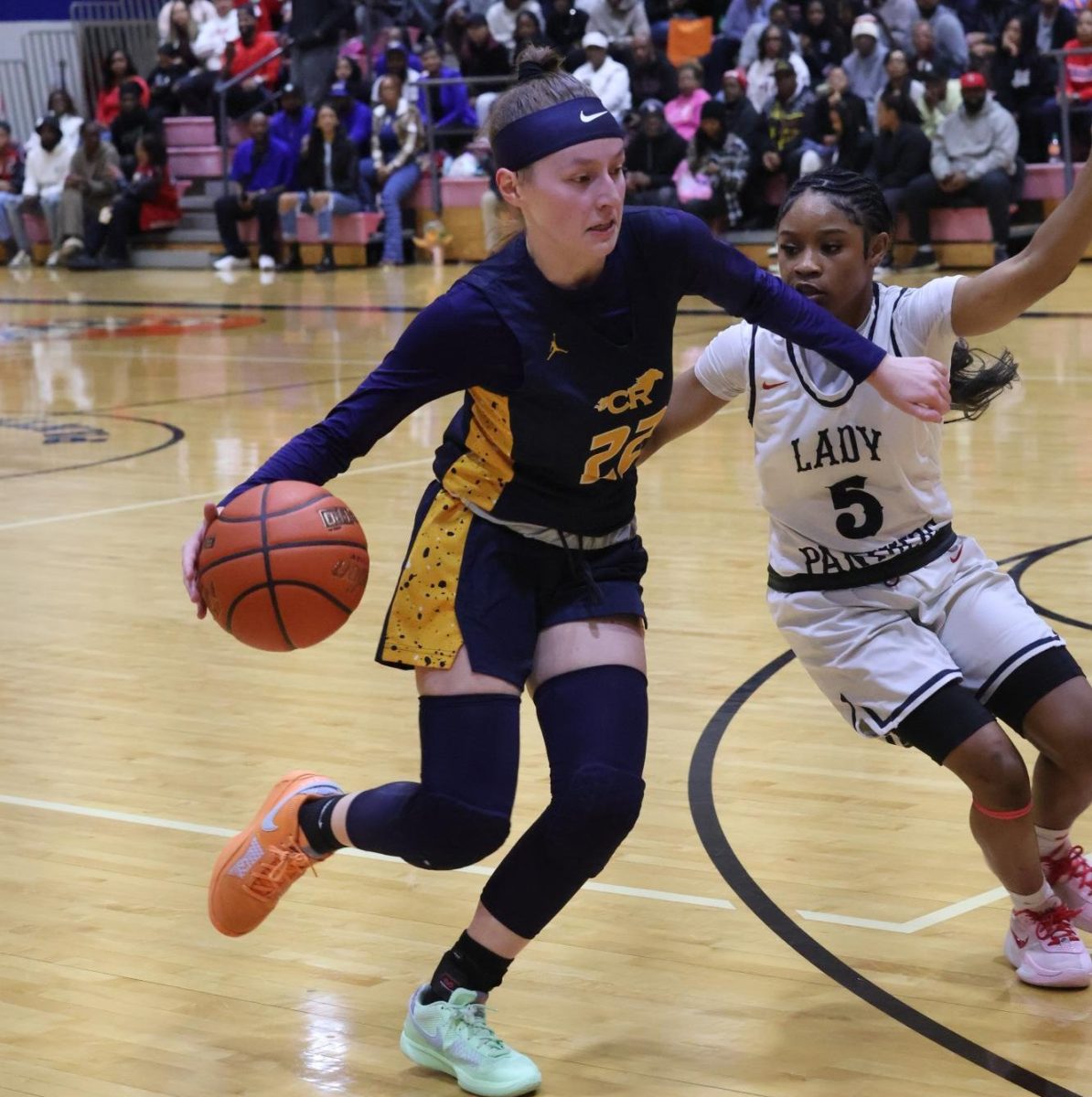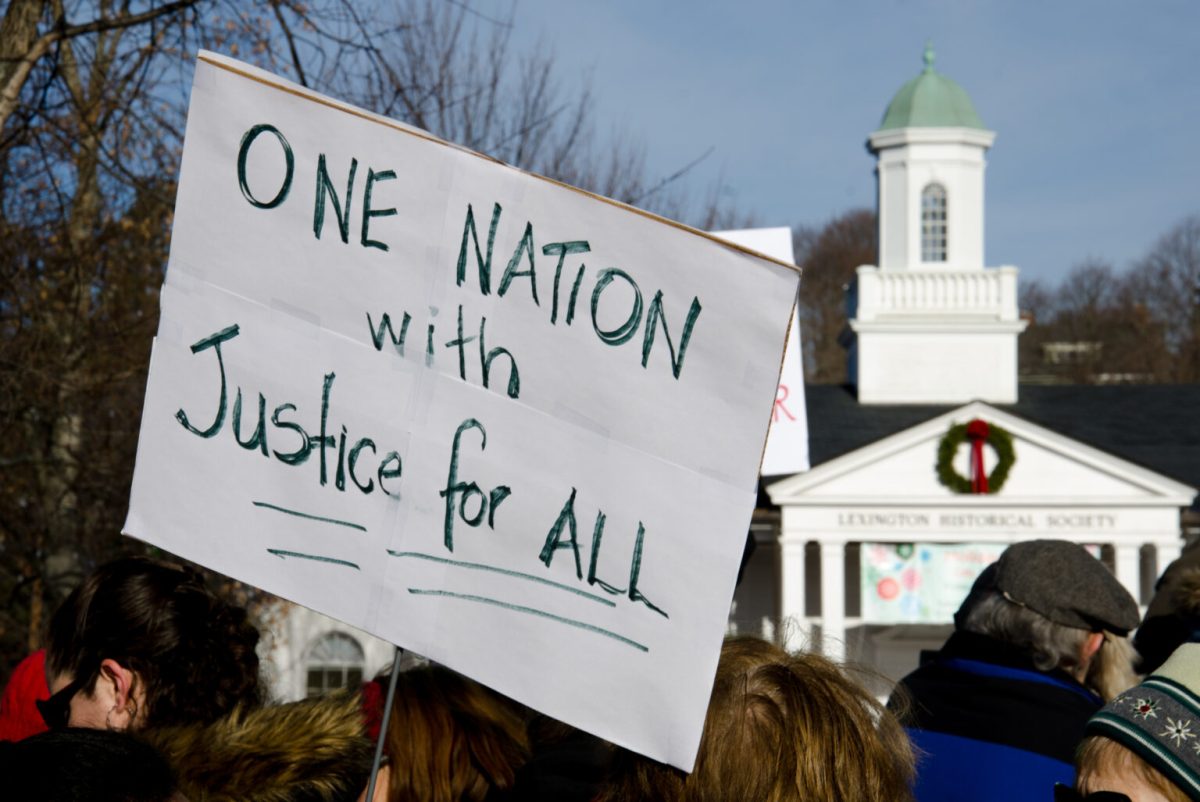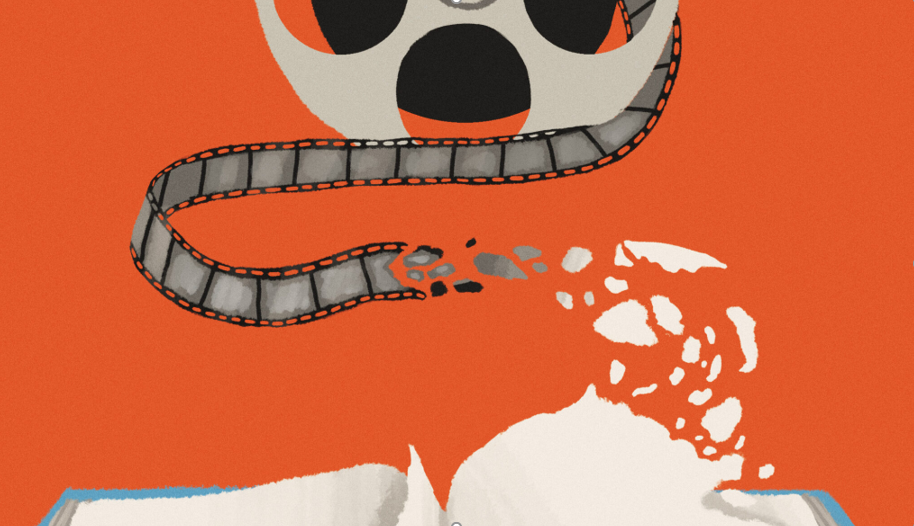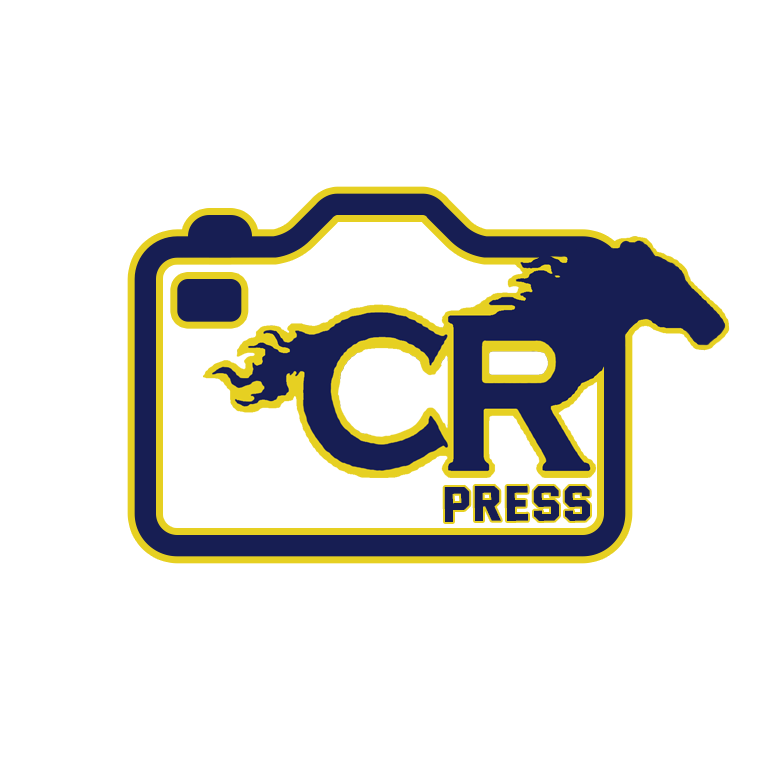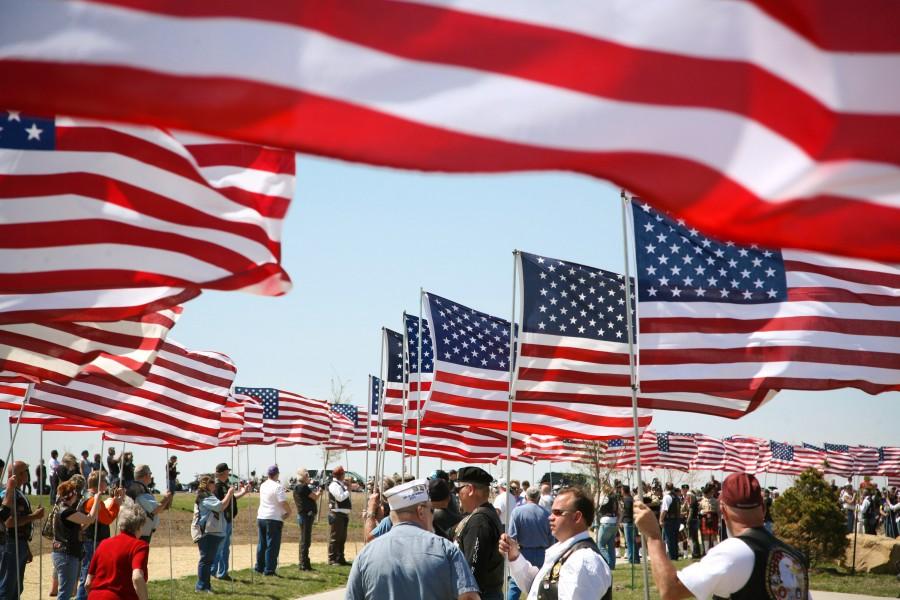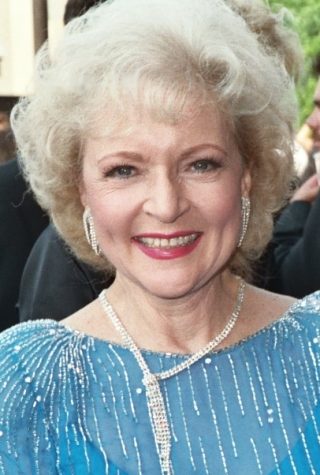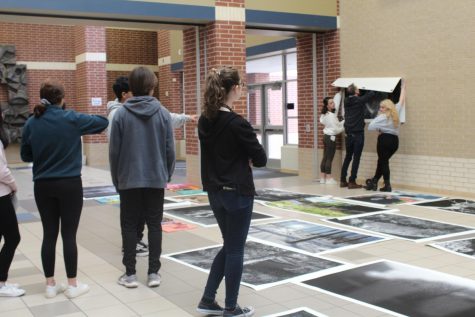Cy Ranch Veteran Discusses Time in the Military
Physics K, AP Physics and Engineering teacher Justin Powers is one of Cy Ranch’s very own veterans, and his years serving, he says, were the most influential of his life.
Powers’ course to the military took him from his rural hometown of La Porte, Texas to the Corps of Cadets at Texas A&M University. From there, he spent six years serving in the Air Force, from ’88 to ’93.
As a college student, Powers wasn’t originally planning on joining the military, but his time in the Corps changed the course of his life.
“When I was in the Corps, I really learned that it was more a duty of mine to serve,” he said. “So that’s why I decided to serve.”
Powers’ interest in flying led him to the Air Force after graduation, where he trained for a year and a half. Powers says that this training period was one of the most difficult parts of joining the Air Force.
Despite these difficulties, however, Powers’ time in the military has left with him a lasting impact.
“It’s really been a big part of my life,” he said. “The things I’ve learned there will always be around.”
While serving, he says he learned many valuable lessons that he will take with him forever, including discipline, duty, and honor.
“I feel that everybody should give back in some way, whether it’s in the military or serving in the government or being a teacher,” he said. “I think everyone should give back and that’s what I learned when I was in the Air Force.”
Powers witnessed the fall of the Soviet Union, as well as the Desert Storm operation in Iraq and the United States’ victory over Iraqi dictator Saddam Hussein. While he wasn’t directly involved in these conflicts, he says that these successes fostered in him a sense of pride.
“I felt like I had something to do with both those victories,” he said. “It was really satisfying to me.”
Powers’ most memorable experience, he says, is not his happiest. During this time in the Air Force he came close to crashing his plane twice, an unfortunate but expected consequence of a military career.
“Those stick out in my mind very sharply,” he said. “If you get close to death, it’s something that you never forget.”
After leaving the military, Powers says the transition to life as a veteran was gradual but disconcerting nonetheless. He first entered the industry after leaving the Air Force, and he says the most jarring thing about civilian life was the lack of camaraderie among his coworkers.
“In the Air Force, everybody was in the same situation so everybody had to lean on each other, and everybody became like a close family,” he said. “In the industry, people worked their eight hours and went home, and you never saw them anymore.”
Despite these challenges, Powers’ draw toward teaching was fostered in him during these years.
“I always gravitated toward becoming an instructor, even when I was in the Air Force,” he said. “When I was in the industry it seemed like my job always led up to me being an instructor. I always knew I was good at teaching and I always enjoyed working around kids, so I decided this was something I wanted to do.”
Powers’ teaching career began in 2005, and he says he’s never looked back.
“Ten years later, no regrets,” he said.
While Powers never experienced undue complications from his time in the military, he says that veteran appreciation events like Veteran’s Day are crucial to giving respect to those who did.
“It’s a way most people say thank you to those people who made sacrifices,” he said. “I think it’s important to recognize that these veterans did make sacrifices—some even sacrificed their health or their lives.”
Overall, he says, the military’s importance to today’s society cannot be overlooked.
“[The military] taught me how to be honorable and to treat others as you want to be treated,” he said. “And duty as well—everyone has to sacrifice in some way for the common good.”
Your donation will support the student journalists of Cypress Ranch High School. Your contribution will allow us to purchase equipment and cover our annual website hosting costs.


